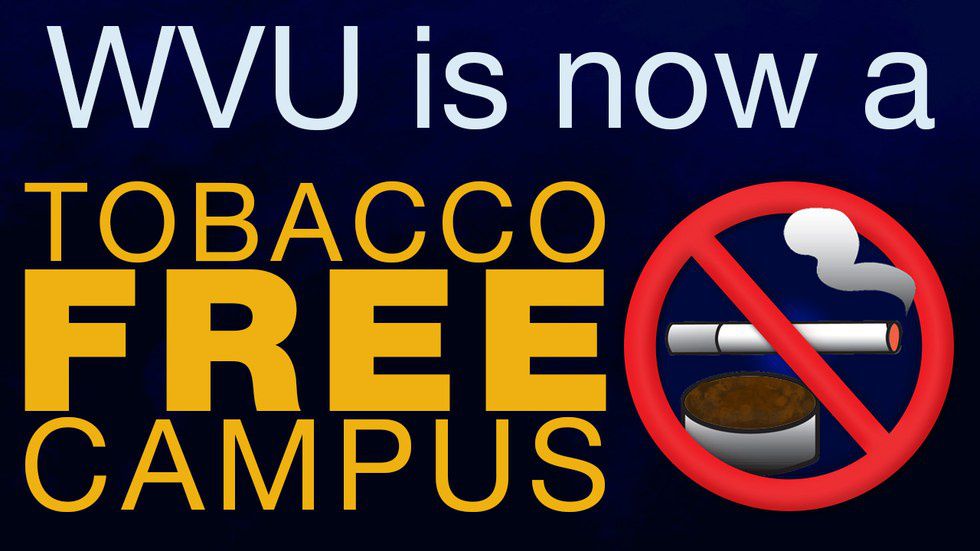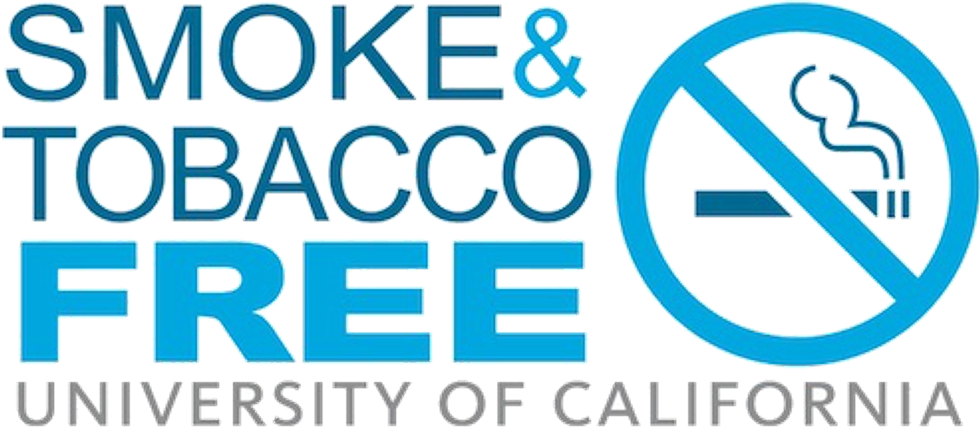Back in January 2014, Ohio State University, one of the biggest state schools in the nation, went tobacco-free. According the the University's new tobacco free policy, students, staff, fans, visitors, and even outside vendors are prohibited from using all types of tobacco (including chewing tobacco), in University buildings and on any grounds owned by the University including parking lots and garages.
This new policy is based off of "positive peer pressure," basically saying that they can't punish you until you quit, so they're going to basically force you. To help this be enforced, OSU has assembled groups to students to walk around campus to ask people who are smoking to stop or to give them informational cards on quitting.
There's been backlash with this policy ever since it was enforced. The Columbus Dispatch said they saw students smoking outside of the OSU buildings on campus, and when they asked some of these students why they were still smoking after being familiar with the ban, said, "It would take a stronger penalty to make them think twice."
OSU has also included the ban of e-cigarettes, which has become extremely popular in the past year among college students. Though many people smoke e-cigarettes to ween themselves off of regular cigarettes, Ohio State believes that because there is no hard evidence of e-cigarettes being safe for someone's health, they are banning it on campus as part of the tobacco free policy until the FDA reports that it's safe.
Ohio State joins dozens of other colleges and universities in a tobacco free policy, but many haven't had luck. “There are those people who really believe it’s their constitutional right to smoke a cigarette, which is really not the case," Jill Carr explained to The Columbus Dispatch, the Vice President of Student Affairs at Bowling Green State University.
I struggle with the idea of enforcement. One thing about addictions is you can't make people quit, people quit when they want to quit. Sure, having groups of students walking around campus calling out people who smoke can be a good thing, but it sure as hell can be a bad thing. Embarrassing people in public based on an addiction is a fine line to draw. Where is the difference between helping the situation and hurting the situation? Many people are likely to rebel, and others frankly don't care. Once again, you can't make people who don't want to quit, quit. However, it can be a good thing because those who don't want to be inhaling secondhand smoke most of their day don't have to, and cigarette smoke can also trigger asthma in those who have asthma or allergies. I don't smoke cigarettes but a lot of my friends do, and I can't see this realistically happening on a campus like Temple's. If anyone has ever been to OSU, it is on the outskirts of Columbus but takes up a huge amount of land, exclusively for Ohio State. Going to a school like this, you would be easily spending almost all of your days and nights there, making this ban easier to enforce. But for schools in a large city where the campuses are smaller, this would simply never work. Temple has a unique campus; it's open to the public and doesn't cover a large space. Many buildings, like fraternity houses and student housing, are not owned by the school. If this law was ever made at Temple, it would fail. There would be no way to regulate this law, making a tobacco-free university almost impossible.Now I'm putting credit where credit is due, and these school's are making huge leaps trying to get their campuses to be more clean and that is something to admire and be thankful for. However, it's not something every campus would be able to do. I want this to be able to happen at Temple and other schools like ours, posing the question, how can every campus try to eliminate tobacco use?
























